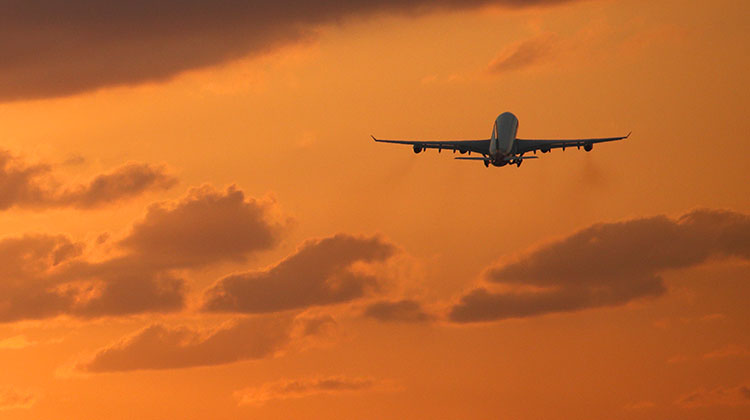
Airlines around the world experienced the fastest growth in demand for more than a decade in the first half of calendar 2017 amid a “stronger economic backdrop” and cheap tickets, the International Air Transport Association (IATA) says.
The airline industry group’s air passenger market analysis report showed revenue passenger kilometres (RPK) rose 7.9 per cent in the six months to June 30 2017, compared with the prior corresponding period. It was the largest first half pickup in demand since 2005, the IATA report said.
“A brighter economic picture and lower airfares are keeping demand for travel strong,” IATA chief executive and director general Alexandre de Juniac said in a statement.
“But as costs rise, this stimulus of lower fares is likely to fade. And uncertainties such as Brexit need to be watched carefully.
“Nonetheless, we still expect 2017 to see above-trend growth.”
With RPK growth exceeding capacity increases, measured by available seat kilometres (ASK), of 6.1 per cent, passenger load factors rose 1.3 percentage points to 80.7 per cent in the first half.
All regions reported growth, with airlines in the Asia Pacific region leading the way as RPKs growth of 10.6 per cent outpaced ASK expansion of 7.9 per cent. As a consequence, load factors jumped two percentage points to 80.8 per cent in the first half of calendar 2017 for airlines in this part of the world.
The IATA report showed the Australian domestic market continued be flat, with airlines cutting capacity in an effort to better match demand with the number of seats in the market.
Local carriers experienced a 0.3 per cent improvement in RPKS in the first half, while ASKs fell 2.3 per cent and load factors rose two percentage points to 77.6 per cent.
IATA said ASKs in Australia had fallen at an annualised rate of about three per cent since the start of 2017.
“Australia’s RPKs have ground to a standstill,” the IATA report said.
“The domestic Australia market barely grew in H1 2017.”
Virgin Australia’s latest financial results showed it flew 5.9 per cent fewer sectors in 2016/17 and cut ASKs 0.1 per cent.
Qantas was due to release its 2016/17 results on Friday.
Looking ahead, de Juniac said the peak northern summer travel season was likely to be record breaking, providing further good news for airlines.
However, he cautioned that aviation infrastructure constraints would act as a lag on growth.
“In every part of the world airport and air navigation infrastructure is struggling to cope with demand,” de Juniac said.
“There are plenty of examples linking connectivity and economic prosperity. But few governments have been able to deliver on the imperatives of sufficient capacity, quality aligned with user needs and affordability.
“This year’s strong growth is a reminder that there is no time to lose.”




